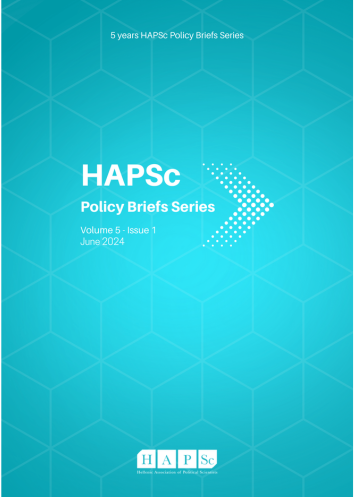Reforming of the UN Security Council: The Greek Perspective

Abstract
The reform of the United Nations Security Council (UNSC) remains a contentious and complex issue, especially considering the Council's perceived inaction during recent global security crises. This debate involves institutional, operational, and political challenges, notably the entrenched structure of the UN Charter which requires unanimous consent from permanent members for amendments, and the strategic interests of the victorious powers of World War II that continue to shape the Council's actions. Greece, a candidate for a non-permanent UNSC seat for 2025-2026, has historically supported democratic principles and international law, advocating for greater participation in decision-making processes. However, its current campaign emphasizes maintaining the status quo rather than proposing concrete reforms, reflecting a passive approach to international politics. To promote meaningful UNSC reform and enhance its global standing, Greece should adopt a more active diplomatic role, forming strategic alliances, advocating incremental changes, and engaging in multilateral negotiations. Aligning with the Group of Four (G4) nations could bolster Greece's influence and support for expanding both permanent and non-permanent membership, ensuring a balanced and pragmatic reform process. By pursuing these strategies, Greece can significantly contribute to evolving the UNSC and strengthening its position in global decision-making.
Article Details
- How to Cite
-
Papaiosif, A. (2024). Reforming of the UN Security Council: The Greek Perspective. HAPSc Policy Briefs Series, 5(1), 61–66. https://doi.org/10.12681/hapscpbs.38969
- Section
- Articles

This work is licensed under a Creative Commons Attribution 4.0 International License.
Authors retain copyright and grant the journal right of first publication with the work simultaneously licensed under a Creative Commons Attribution License that allows others to share the work with an acknowledgement of the work's authorship and initial publication in this journal.

